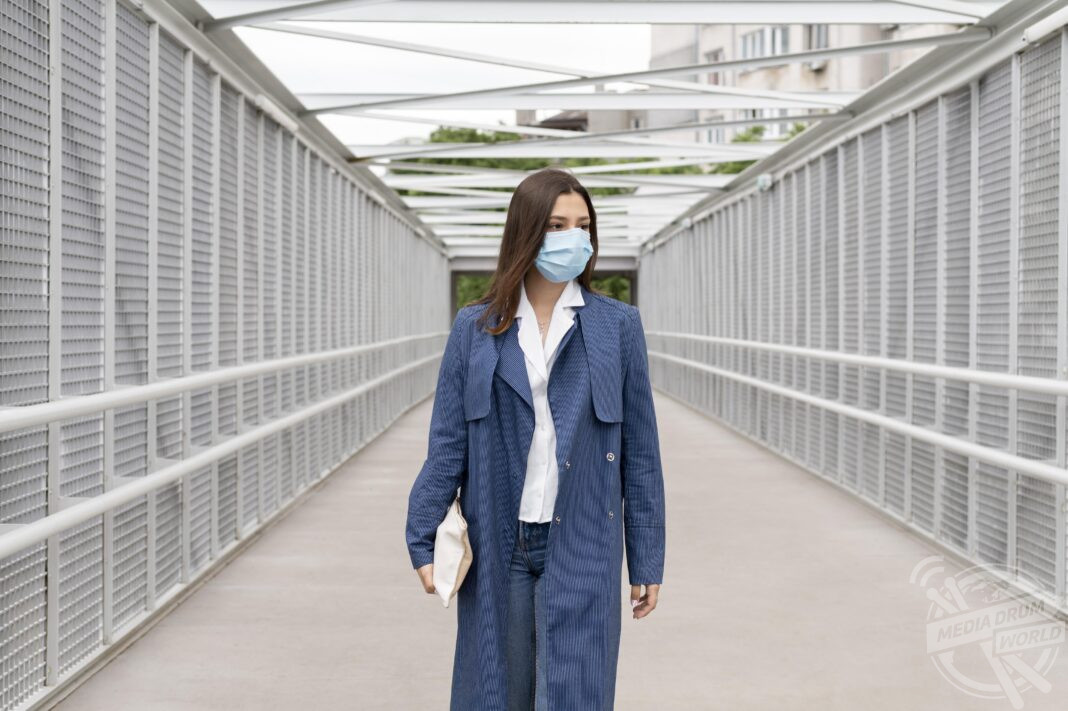By now, it is established that face masks play a critical role in curbing the spread of COVID-19. That said, coronavirus is not the only life-threatening element that lingers in the air we breathe. The alarming levels of air pollution, for instance, cause a death toll of around 7 million every year. The pollutants in the air are also a cause of several cardiovascular diseases and respiratory symptoms.
The post-covid lifestyle has made the usage of masks a new normal. There are, however, other added benefits that come with wearing a face mask each time you step outside:
Face Masks Act as A Shield Against Air Pollution
Due to the dangerously high levels of air pollution, nine out of ten people in the world are exposed to hazardous pollutants in the air. Gases like carbon monoxide, ozone, and nitrogen dioxide, to name a few, can cause adverse health effects. But it is the fine particles or PM2.5 that are a greater cause for alarm. These particles are less than 2.5 microns in diameter and are emitted from windblown dust, transportation, and industrial activities, among other sources.
On breathing, these particles can easily creep into the lungs and bloodstream. What follows is an increased risk of strokes, heart diseases, lung cancer, respiratory infections, and chronic obstructive pulmonary disease (COPD).
Wearing a high filtration mask each time you step outside can help you avoid exposure to 99% of these harmful particles. Since high filtration masks come with filtering material that is a lot denser than other masks, they are highly efficient in trapping and filtering the smallest submicron particles. Cloth masks or regular surgical masks, on the other hand, are fairly ineffective in this regard largely because they can allow up to 50% (or more) of the polluted air to pass right through the mask.
Face Masks Filter Out Harmful Pathogens and Allergens
While masks greatly contributed to lowering the spread of the pandemic, they also brought about interesting findings, including – a significant decline in influenza, all-cause pneumonia, and enterovirus due to an increased usage of face masks.
Allergens like pollen, animal dander, and mold can trigger allergies and symptoms of asthma. Wearing a face mask on planes or public transport can lower your chances of catching serious allergies. Studies show that masks not only lower the risks of allergic rhinitis but also help lower the symptoms associated with it. Another 2020 study showed that nurses wearing face masks during the pandemic reported a decline in their allergic rhinitis symptoms. No matter the size of the allergens, face masks have always been efficient in filtering them out.
Choosing the Right Face Mask
Considering the proven efficiency of face masks in averting health hazards from air pollution, allergies, and viruses, it’s now more important than ever to invest in a quality face mask. When buying one for yourself, make sure it is efficient in filtering finer pollutants, allergens, and viral and bacterial particles. As an everyday essential, a mask is worn for long hours and in different environments. There is no better place to buy surgical masks made in usa.









